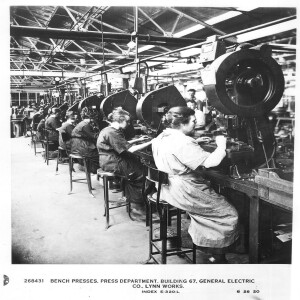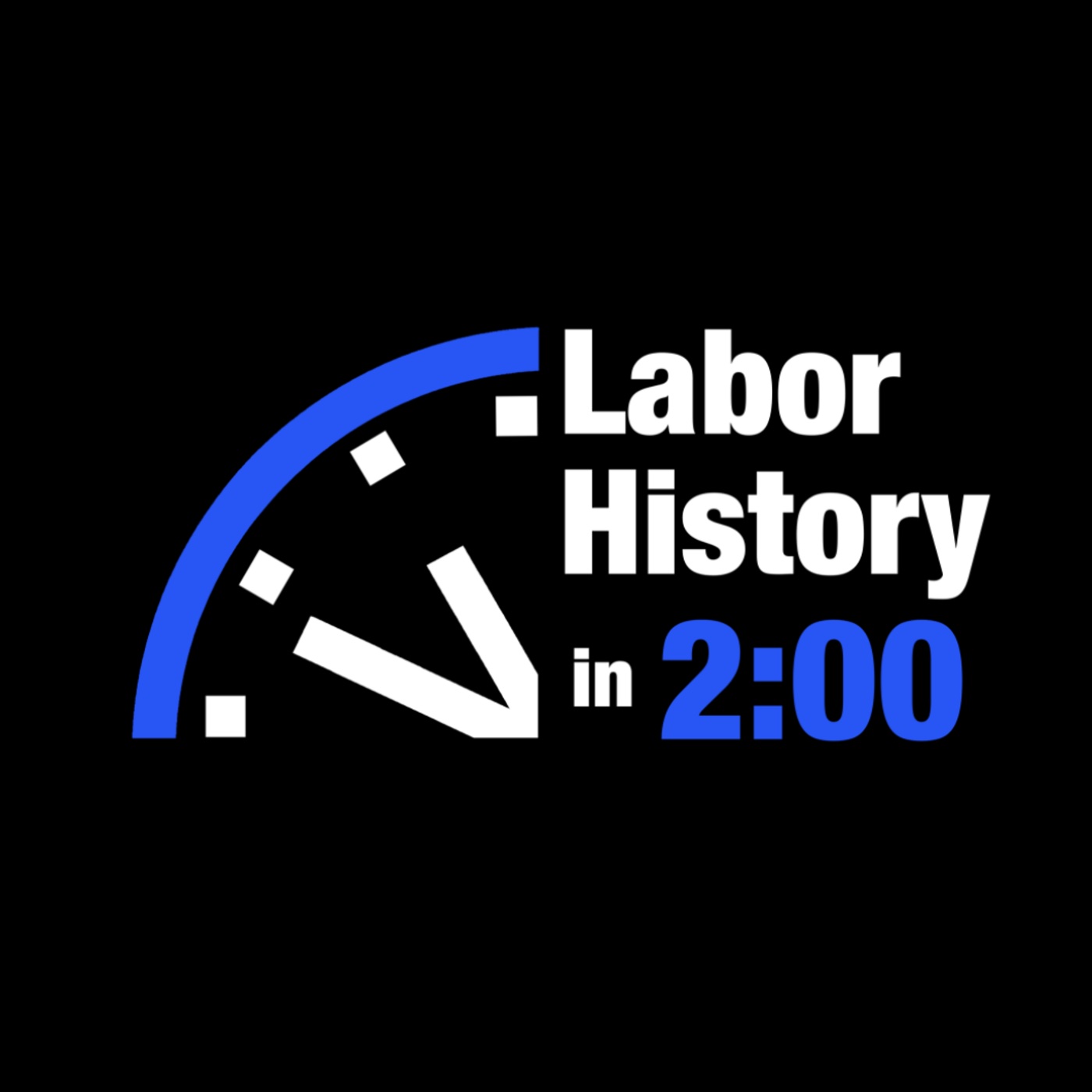Episodes

Wednesday Jul 10, 2024
July 10 - Organizing During Wartime
Wednesday Jul 10, 2024
Wednesday Jul 10, 2024
On this day in labor history, the year was 1918.
That was the day machinist John Connolly was fired from General Electric’s sprawling River Works in West Lynn, Massachusetts.
Firings of several more labor activists prompted 14,000 workers, 40% of them women, to walk off the job and flood the ranks of the IAM and the IBEW.
The newly established War Labor Board emboldened GE workers.
They looked to the board for help in beating back yellow dog contracts and to organize bonafide unions.
A Metal Trades Council had finally been established at the GE plant in Schenectady, NY.
Workers hoped to do the same at Lynn.
After Connolly’s discharge, GE managers fired another fourteen activists three days later.
As Joseph McCartin describes in his book, Labor’s Great War, thousands of outraged workers met the evening of the firings and determined there was nothing left to do but strike.
The walkout began the following Monday.
David Montgomery describes the scene in The Fall of the House of Labor: “Early in the afternoon, union sound trucks outside the building blared fighting songs and calls to down tools. Within an hour, the GE river works were empty.”
The strike lasted three weeks.
In that time, strikers defeated attempts at arbitration, demanding the Board rule on their behalf as it had done for GE workers in Schenectady.
In October, the board adjusted wages, ordered reinstatement of all but two of the fired workers and established minimum pay for women.
It also ordered the election of shop committees.
Lynn River Works was now 95% organized.
Victory was short-lived however.
In the post-war period, unions at GE and elsewhere were summarily defeated by vigorous open shop drives across the country.


No comments yet. Be the first to say something!